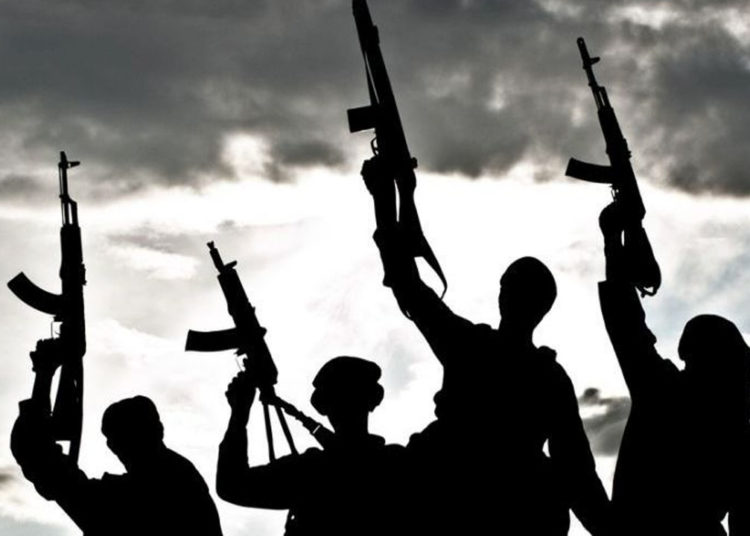Insecurity is not a Nigerian peculiarity as every country has its own fair share of the challenge. What comes up for consideration is how nations manage the monster when it rears its ugly head. The rest of the world seems to have adjusted to the assumption that insecurity’s other name is Nigeria because it has not only become a regular feature in the country’s daily life but also the lack of urgency in addressing it.
It is becoming trite discussing the security situation in the country compounded by the epidemic of banditry, kidnapping and terrorism. Even worse is the intrusion of white-collar crimes like drug trade, cybercrimes and trade in human parts.
The problem with insecurity in Nigeria is that the security agencies are fixated on using well-worn methods to combat a malaise that has all the modern sophistication attached to it. Experts claim that is why it appears the government and its agencies are incapacitated and overwhelmed and not having a ready answer to the havoc criminals are wreaking on hapless citizens in places like Borno, Zamfara, Katsina, Kaduna, Niger, Nasarawa and the South East.
There is no gainsaying it that many states in the country are under siege to a level that requires urgent action to ensure the safety of the citizenry. Some of the factors that have been identified to be fueling insecurity in the country are unemployment and poverty. These two are the most demanding areas that require more attention than they are presently receiving. In our opinion, what is required is an aggressive creation of jobs and opportunities for businesses to thrive. It is unacceptable that Nigeria with all its natural and human resources is rated as poverty capital of the world.
Daredevil Terrorists Attack Ondo Church, Kill 58 Worshippers
In the opinion of this newspaper, corruption is another major cause of insecurity in the country. People in positions of authority have continued to be perceived to be complacent in their jobs, compromise on their duties and responsibilities. The security agencies, on their part, over-worked and under-paid feel no sense of commitment towards curbing this monster that is threatening to consume the rest of the populace.
One of the questions begging for answer is how explosives, bombs and high calibre assault rifles enter country and end up in the hands of terrorists. The blame has persistently been placed on the nation’s porous borders which makes it easy for an inappropriate level of influx of immigrants from neighbouring countries like Republic of Niger, Republic of Benin and Chad who sometimes turn out to be miscreants used to perpetrate crimes.
The disparity in development of the regions of the country is another major cause of insecurity in Nigeria. There is a feeling of partiality and marginalisation amongst some ethnic groups in Nigeria due to the imbalance in development of various states. This causes disaffection and grievance among the people, hence the deployment of violence to get the attention of the government.
It is, indeed, an article of faith that the security of lives and property is the first and most important duty of government which it is expected to take seriously. And since this primary duty of government as enshrined in Section 14 (2) (b) of the 1999 Constitution (as amended) is to ensure the security and welfare of the people, government must not, under any excuse, abdicate its responsibility which appears to be the case in the prevailing circumstance where crime and criminality have been raised to the level of an industry so lucrative that instead of fighting them there is a resort to blame game.
It is so bad that the authorities are unable to go after the sponsors who carry on as if they are above the law. But that cannot be if the situation must be extirpated.
We are persuaded to recall that the current security situation has also intensified the calls for state police and made such calls more imperative now than ever before. The decentralisation of the police will go a long way in tackling the security challenges facing the country. There is also the need to expend adequate fund on sophisticated technological gadgets that can track perpetrators of crimes and also, employ means to detect and investigate threats of terrorism at the earliest possible stage.
We are also compelled to argue that ensuring a safe environment is the responsibility of everybody; the government, security agencies, civil society, religious heads, community heads, and individuals. Corporate bodies also owe themselves a duty to carry out their corporate social responsibilities. We need to have a pragmatic and all-encompassing approach in solving this problem before it consumes the nation.





